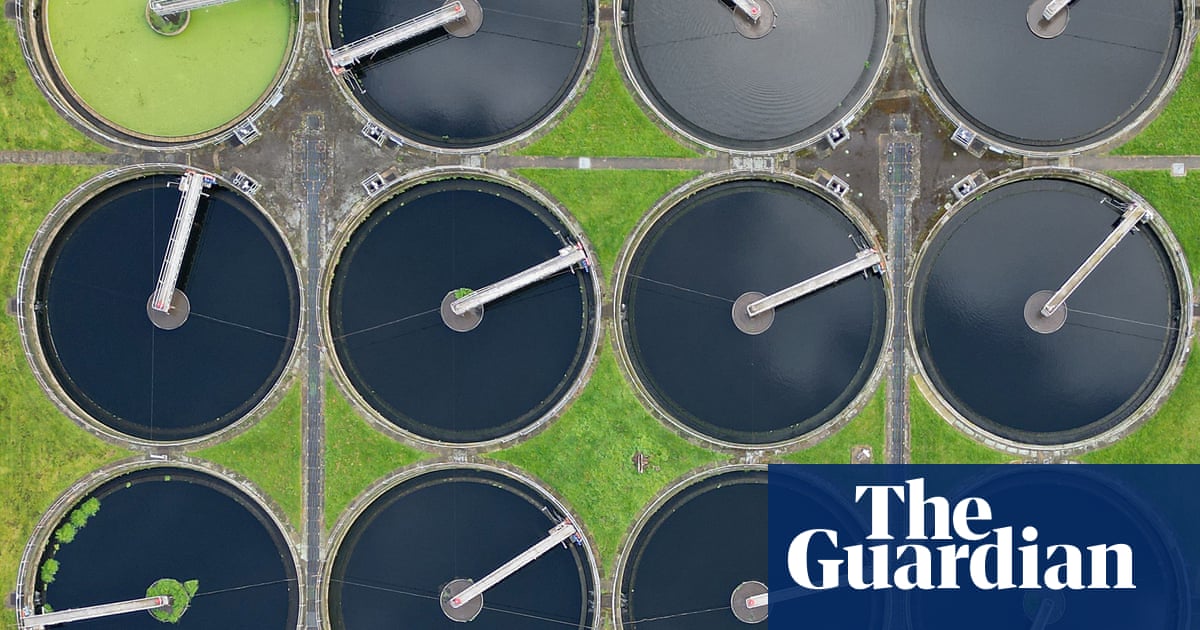Posted on
April 18 2024
Jeremy Hunt is a terribly confused man. The FT has a report on comments he has made on Thames Water this morning. At
the heart of this is a suggestion that:
The
company needed “to sort out their own issues.”
They noted that he added:
“What we're never going to do for people who invest in the UK is say that the state is going to insure you against bad decisions made by management or shareholders. That's what markets are about.”
They also report him saying:
It would be “completely wrong” if customers at Britain's biggest water
group had to pick up the tab for bad decisions made by its managers or owners.
Poor old Jeremy. He thinks he knows how all this works, and he either clearly does not, or is in denial of doing so.
First of all, there is no market for water. The consumer has no choice. The price the supplier might charge is set by a regulator. And that same regulator has a great deal to say about how the company might operate and what is required of it. If he thinks this is how markets work, he is seriously deluded.
That said, reading between the lines, what he is saying is that there will be no bailout for Thames Water and no extra charges on consumers to keep it afloat.
That, I stress, is a perfectly acceptable position to take. But it leaves one problem, which is that, however it is looked at, the supply of water within the Thames Water region is not operationally possible with acceptable levels of pollution within the framework that regulators permit, politicians will accept, and private capital will finance right now. That circle cannot be squared. There is literally no solution that reconciles those positions bar one, and that is a state subsidy for the massive investment required, with state ownership being necessary as a result.
Is that where Hunt stands? He does not say. As a result, he comes over as a rather confused, figuratively little man, standing on the sidelines of an issue where he holds all the trump cards and the ultimate decision-making power whilst refusing to do anything.
He looks like a Tory minister in that case.
Or, perhaps more accurately these days, a politician from one of the UK's leading parties.
Decisions are required here. Hunt is pretending that they should be made by anyone but him. Why did he ever seek high office?
Jeremy Hunt is a terribly confused man. The FT has a report on comments he has made on Thames Water this morning. At the heart of this is a suggestion that: The company needed “to sort out their own issues.” They noted that he added: “What we’re never going to do for people...
www.taxresearch.org.uk



